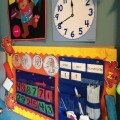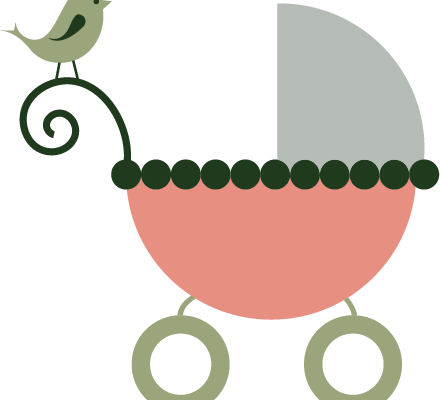
Early childhood sets the stage for a child’s lifelong learning, growth, and development. During these formative years, children rapidly develop essential skills, from language and motor abilities to emotional and social connections. The presence of a nurturing and skilled caregiver can make all the difference in helping children reach their full potential. This is where a professional nanny comes in.
A nanny doesn’t just oversee playtime or ensure children are fed and safe; they play an integral role in fostering your child’s development through educational activities, emotional support, and thoughtful routines. Below, we’ll explore the many ways nannies contribute to early childhood development and how choosing a professional nanny can provide your family with unparalleled care and peace of mind.
Building a Foundation of Learning Through Play
For young children, learning and play go hand in hand. A professional nanny understands the importance of play as a tool for cognitive and physical development. Through intentional, age-appropriate activities, a nanny engages a child’s curiosity while encouraging new skills.
Examples of Developmental Activities:
- Sensory Play
Activities like playing with sand, water, or textured items introduce children to new sensations and help develop their fine motor skills. A nanny might set up a simple sensory bin or organize a water-painting session to create a hands-on learning experience. - Language Development Through Reading and Storytelling
Reading books aloud and engaging in storytelling fosters language development and expands vocabulary. A nanny might read daily or create storytelling activities where the child builds their own adventures. - Problem-Solving Games
Puzzles, blocks, and sorting games challenge a child to think critically while improving hand-eye coordination. A skilled nanny guides children as they attempt these tasks, offering gentle encouragement when needed.
By thoughtfully choosing and leading these types of activities, a nanny helps build a foundation for learning in a fun and meaningful way.
Supporting Emotional Growth and Resilience
Young children are constantly navigating big emotions, and a nanny provides a safe, comforting presence to guide them through this process. Whether it’s teaching self-regulation or fostering independence, a nanny offers essential emotional support.
Emotional Support in Action:
- Routine and Predictability
Establishing consistent routines helps children feel secure. A nanny might create structured days with designated times for meals, naps, and play, building a sense of stability that is crucial for emotional development. - Encouraging Independence
A nanny may encourage toddlers to try dressing themselves or clean up their toys after playtime, offering praise for their efforts and gently coaching through challenges. - Modeling Emotional Expression
Nannies use empathetic communication to validate a child’s feelings. For example, if a child is upset about leaving a favorite toy, a nanny might say, “I see you’re sad to leave your toy behind. It’s okay to feel sad, and we can come back to it after we play outside.”
This emotional scaffolding teaches children how to process and express their feelings in a healthy, constructive way.
Social Skills Begin at Home
A nanny also plays a pivotal role in supporting social development. Through interactions with the nanny and guided play with peers, children develop key social skills such as sharing, listening, and cooperating.
Nanny-Led Social Skill Development:
- Interactive Play
A nanny might arrange playdates or group activities where children learn to take turns, share toys, and play collaboratively. They can gently intervene to teach problem-solving skills when conflicts arise. - Manners and Communication
Nannies model positive social interactions by encouraging polite language such as “please” and “thank you.” They might practice these skills during pretend play or routine activities like snack time.
When children are guided in these moments, they’re better equipped to interact positively with the world around them.
The Value of Hiring a Professional Nanny
While these developmental milestones can often be supported by family members or groups like daycares, hiring a professional nanny provides unique advantages. A nanny can offer personalized, one-on-one attention tailored to your child’s specific needs and personality. This individualized care fosters deeper relationships and ensures that activities and routines align with your child’s pace of development.
Why Choose a Trusted Agency Like Georgia’s Dream Nannies?
At Georgia’s Dream Nannies, we pride ourselves on connecting families with highly qualified, compassionate caregivers. We thoroughly vet every candidate for experience, skills, and character to ensure they’re prepared to meet your family’s needs. Our nannies are not just babysitters; they’re professionals trained to support early childhood development in meaningful ways.
By working with our agency, parents gain peace of mind knowing they’re hiring someone who has passed rigorous background checks and comes highly recommended by other families. Plus, our knowledge of the household staffing industry means we can match you with a nanny whose expertise aligns perfectly with your goals for your child.






